The implications of Ukraine’s invasion of Russia
- By Frumentarius
Share This Article
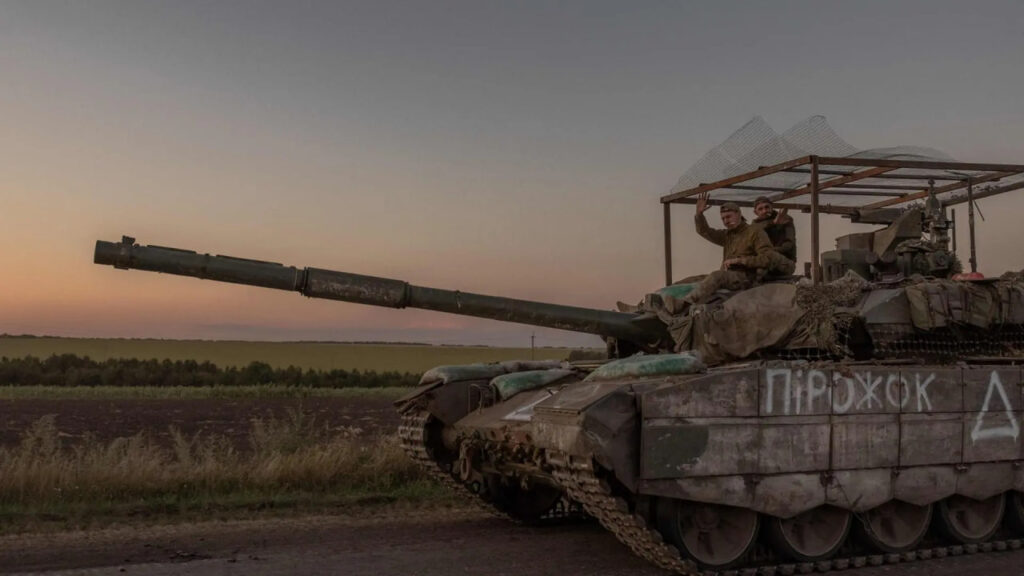
It’s been over two years since Russia invaded Ukraine and at times – especially recently – it might appear that stalemate has been the order of the day. Both sides have been stymied in their attempted offensive advances, and real, significant territorial gains are so far rare. The Ukrainians no doubt realize this and also realize that the appearance of a hopeless stalemate is probably a detriment to their dogged diplomatic efforts to keep much-needed weapons and money flowing into the country. Without those flows, after all, they have little chance of holding back the Russian invaders.
For that reason, Ukraine has been innovative and audacious in some of its irregular warfare tactics. They have employed drones to attack oil refineries and airfields and to sink Russian vessels. This is all in an effort to keep up their morale, as well as to hurt Russia and the West that they are still in the fight.
Perhaps the most audacious of the tactics it has employed so far is the recent ground invasion of Russia and drone strikes on Moscow itself. On August 6, Ukraine sent thousands of ground forces across the border into western Russia, into Kursk province, and captured hundreds of Russian soldiers while also occupying numerous towns. Press reports stated that they faced little civilian resistance in the process.
Following that incursion, on August 21, Ukraine launched at least 11 drones against Moscow itself, according to Reuters. While Russian air defenses appeared to ably handle the threat and prevent any major damage or casualties, the attack was nonetheless a proverbial shot across the bow at Russia that Ukraine is prepared to bring the war closer to home.
Related: Ukraine’s F-16s could soon be carrying stealthy long-range cruise missiles
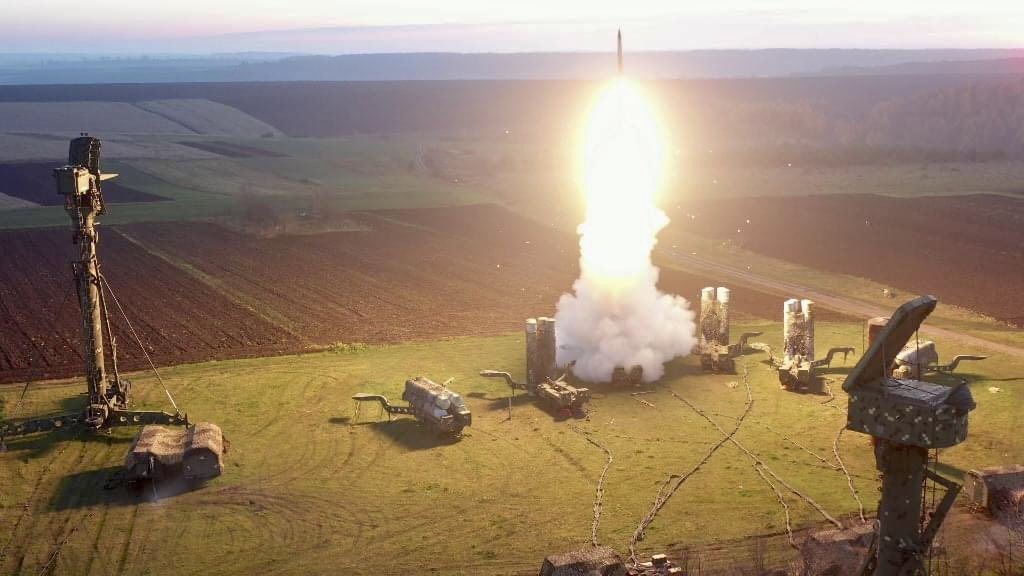
For Ukraine, this is all a risky gamble, with the potential to result in an escalation of Russian attacks, up to and possibly including the use of tactical nuclear weapons. While this is an unlikely course of action, given the likely diplomatic fallout and potential to galvanize the West to up its involvement in the war, it is nevertheless a scenario with which Ukrainian military and political leadership must contend. They also risk losing a significant contingent of fighting men in a possible Russian counterattack, or if they stretch their lines too far in a gambit to seize more territory.
Nevertheless, Ukraine took the risk for the following reasons: For one, it is likely attempting to draw Russian forces away from Donetsk, as the Russian army continues to advance there. Secondly, Ukraine must show that it is still in the fight and that Russia’s continued invasion carries real risks. Invading Russian territory and striking Moscow certainly drives that message home. If Ukraine can translate the tactical victory of its invasion into strategic advantage – by way of leveraging the advance to force negotiations for a ceasefire – then all the better.
Still, the possibility of failure remains. Russia might launch a counterattack and significantly degrade Ukrainian forces, or it might ignore the incursion and accelerate its seizure of more Ukrainian territory. Russia might also launch even more intense attacks on Kyiv – as it did on Monday – and other Ukrainian areas situated away from the main fighting. Finally, it might also use tactical nukes if it truly feels threatened; that is an outcome the whole world should fear.
Despite these risks, Ukraine does have the moral right to take the fight to Russia. It did not ask for this war, after all, and Ukrainians have been subjected to a savage and at times merciless military invasion. To expect them to sit back and take it is absurd. Launching attacks into Russia is justified and, frankly, the Russians should have expected it long before now. America and the West, meanwhile, must continue to stay engaged, support the Ukrainian war effort, and use every diplomatic means available to prevent Russia from responding in a manner that will make the situation much worse.
Feature Image: Soldiers from Ukraine’s 80th Separate Galician Air Assault Brigade with a captured advanced Russian T-90M Proryv tank in the Kursk region, 18 August 2024. (Photo by Roman Pilipey/Militarnyi)
Read more from Sandboxx News
Related Posts
Sandboxx News Merch
-

‘AirPower’ Classic Hoodie
$46.00 – $48.00 Select options This product has multiple variants. The options may be chosen on the product page -

‘Sandboxx News’ Trucker Cap
$27.00 Select options This product has multiple variants. The options may be chosen on the product page -

‘Sandboxx News’ Dad Hat
$27.00 Select options This product has multiple variants. The options may be chosen on the product page
Frumentarius
Frumentarius is a former Navy SEAL, former CIA officer, and currently a battalion chief in a career fire department in the Midwest.
Related to: Ukraine
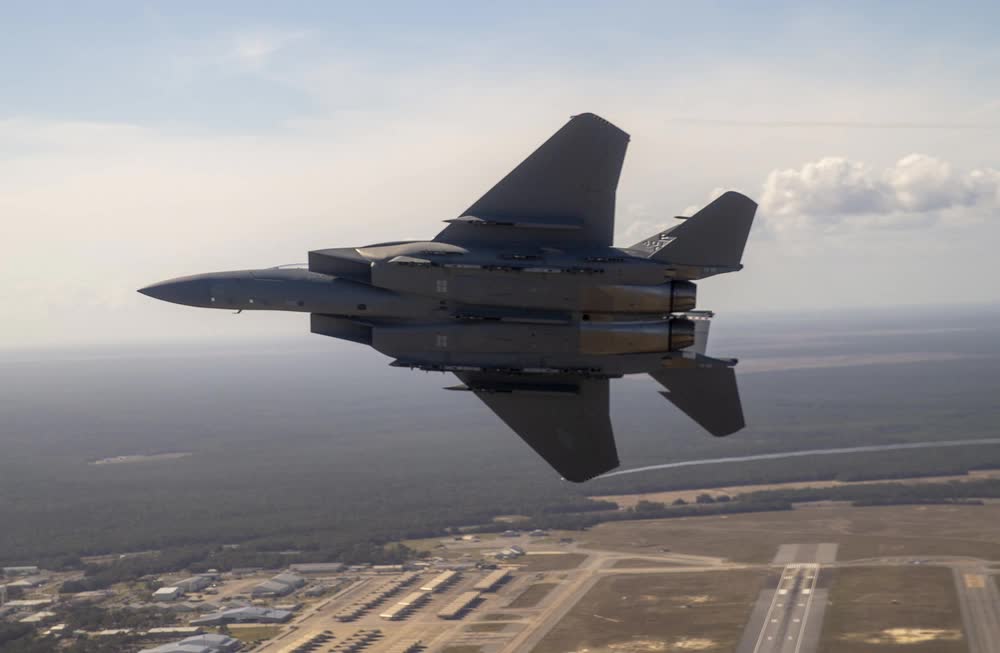
Video: The wild plans to use the F-15EX in the early days of a war
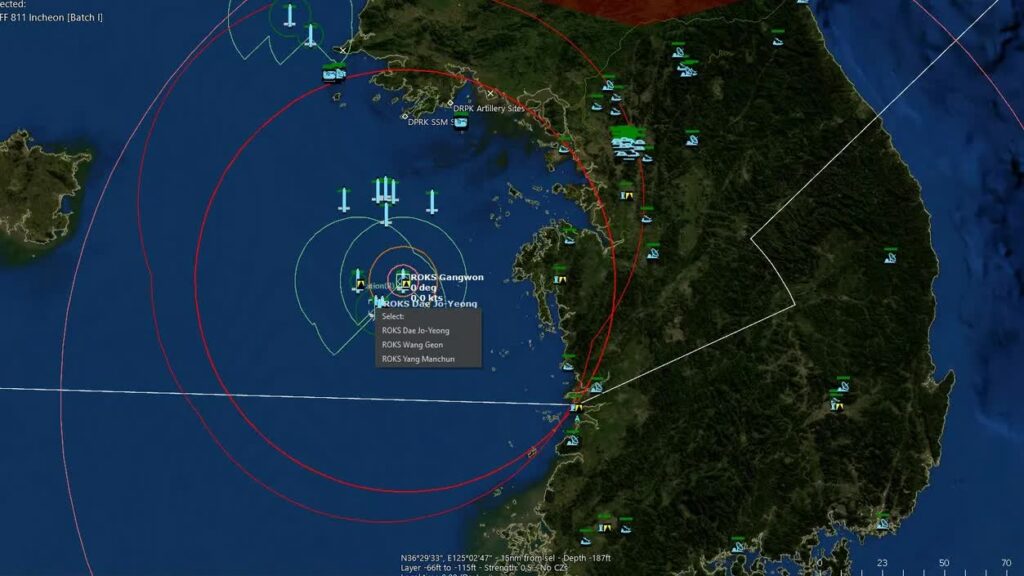
The Air Force is letting troops play a video game to prepare for global conflict
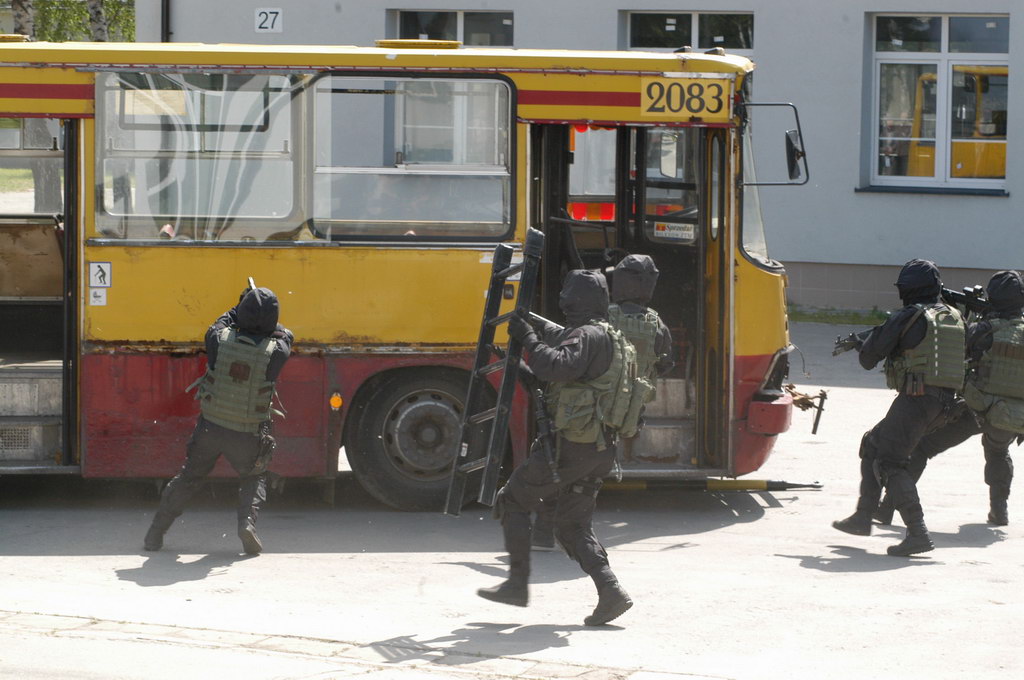
Delta Force escapades with Poland’s elite GROM special operations unit
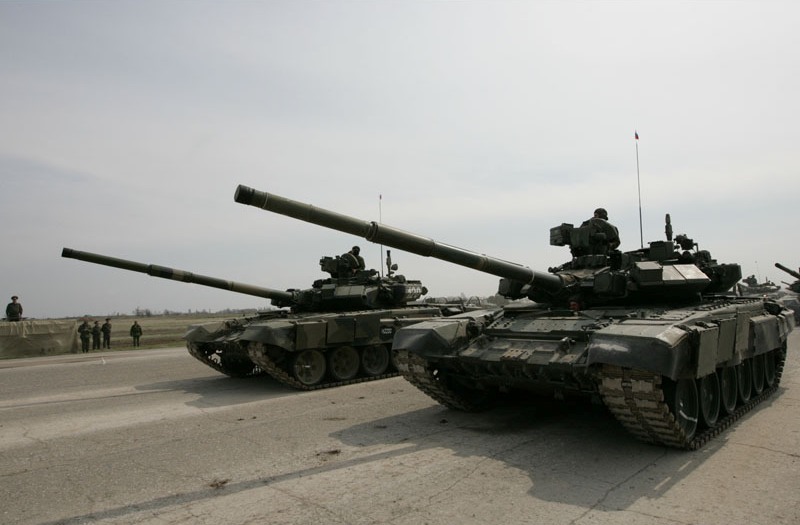
Ukraine is facing serious problems in the east, where Russia’s forces are grinding forward
Sandboxx News
-

‘Sandboxx News’ Trucker Cap
$27.00 Select options This product has multiple variants. The options may be chosen on the product page -

‘AirPower’ Classic Hoodie
$46.00 – $48.00 Select options This product has multiple variants. The options may be chosen on the product page -

‘AirPower’ Golf Rope Hat
$31.00 Select options This product has multiple variants. The options may be chosen on the product page -

‘Sandboxx News’ Dad Hat
$27.00 Select options This product has multiple variants. The options may be chosen on the product page
